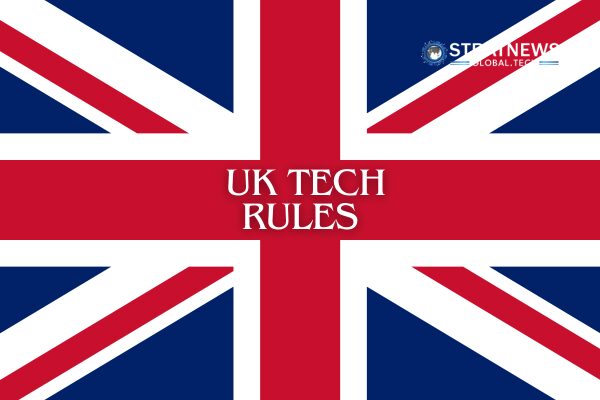UK Watchdog Proposes New Rules for Technology Licensing Post-Brexit
Britain’s competition regulator has advised replacing an EU-era framework for technology licensing with a new UK-specific system. The move is designed to modernise rules and provide clarity for businesses in the post-Brexit environment.
The Competition and Markets Authority (CMA) said on Tuesday it had recommended scrapping the Assimilated Technology Transfer Block Exemption Regulation (TTBER), which expires in April 2026. In its place, the CMA has proposed a 12-year UK exemption order tailored to the country’s economic goals.
Updating Technology Transfer Rules
The TTBER was originally designed to let companies share or license technologies such as patents and software without breaching competition law, provided agreements met certain conditions.
In its recommendation to Business and Trade Minister Peter Kyle, the CMA noted that technology transfer agreements often encourage innovation and investment. However, it also warned that specific clauses can sometimes harm competition if not properly regulated.
By revising the framework, the CMA aims to make licensing clearer, fairer, and more flexible for businesses. The new rules would also align better with modern forms of intellectual property and the UK’s economic strategy.
Industry Input on Proposed Changes
The CMA’s review attracted responses from a range of stakeholders, including Nokia, patent firm Sisvel International, and licensing marketplace Avanci. Their feedback helped shape the final recommendation, which stresses the need to balance innovation with competitive safeguards.
Among the changes, the CMA proposes dropping outdated references to “utility models” and expanding the framework to cover newer rights, such as database copyrights.
A More Flexible System for Businesses
Under the proposed UK framework, technology transfer agreements could qualify for exemption in two ways: by meeting existing market share thresholds or by proving that at least three competing technologies exist.
The regulator believes this approach will give companies more certainty while preventing licensing arrangements from stifling competition. By modernising the rules, the UK hopes to encourage investment in technology and strengthen its position as a competitive economy outside the EU.
with inputs from Reuters


